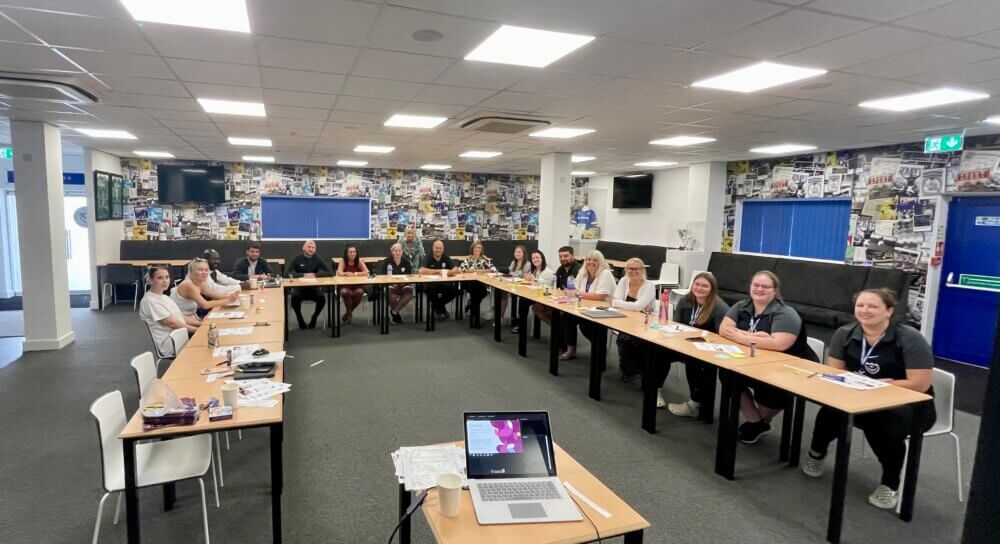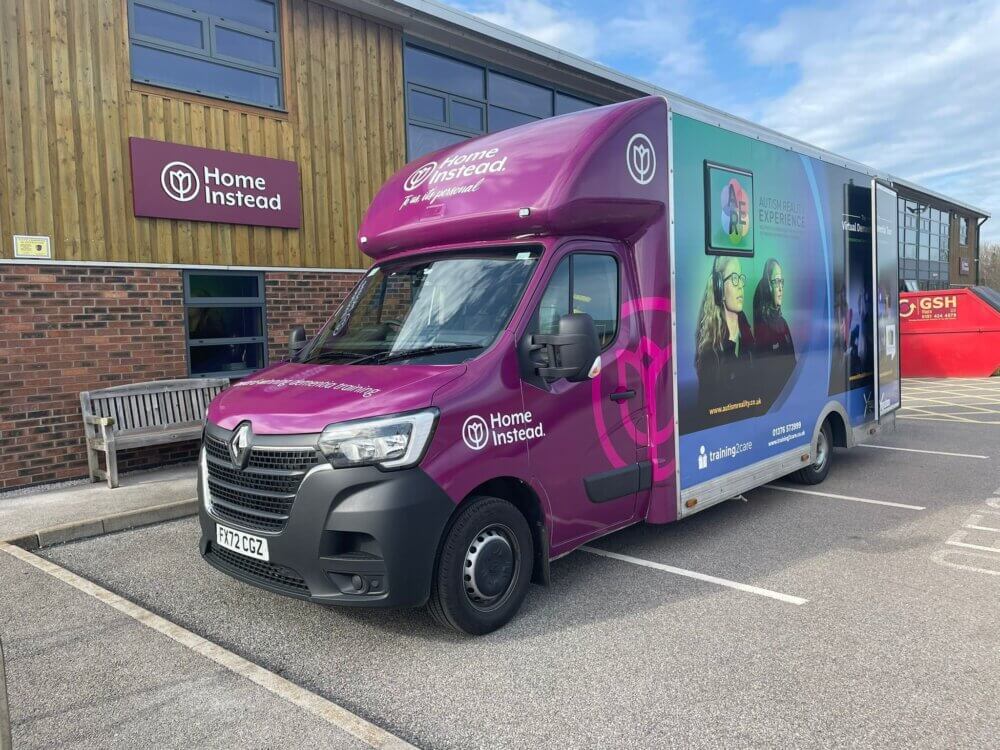
Day Care At Home
Loneliness and social isolation can have serious effects on a person’s health and well-being. Many people we support with day care at home simply want company and conversation, whether they live alone or need care and support whilst family carers are away.
What is Home Instead day care?
Whatever support you need, our experienced Care Professionals will share in your interests and accompany you in whatever you like to do whether that’s crafting, going for a walk, playing games or enjoying music. Home Instead day care is flexible to fit in with you. You might only want a few hours or a full day of support and whatever you need, we will match you with a Care Professional who will become a trusted companion who enables you to continue living a fulfilled and active life. Home Instead day care at home is also ideal for people living with dementia, Parkinson’s or for those recovering from a stroke or enduring a mental health need such as depression.Day care:
- Is personalised to you
- Promotes a stimulating and active lifestyle
- Is flexible to meet your needs
- Gives peace of mind that your loved one is safe at home
- Helps families take a rest from caring
- Is specialised and expert

Day care at home means that a Care Professional will work with you to develop a plan for activities that are personalised to you and enable you to live your life your way. Day care at Home Instead is tailored to your needs, whether that is through physical activities such as walking or reminiscence activities to stimulate your memories. It can also include rehabilitative sessions as recommended by other professionals such as physiotherapists and occupational therapists to assist your recovery. Our experienced Care Professionals are highly trained and will provide a day care service that includes companionship, home help, personal care and specialist care.

How can we help?
We've helped thousands of families to stay safe, comfortable and happy at home. Whatever situation you're facing, or whatever the question is, Home Instead is here to help.
Are you in need of a little guidance right away?
03300 583450Are you in need of a little guidance right away?
03300 583450Get in touch today to
see how we can help
Advice & Support

Pre-Bereavement Grief
Discover more

Looking for Respite Care? Look no further than the home
Discover more

Why getting Respite Care is the trick to being a good family caregiver
Discover more

New Dementia Training
Discover more

Making communities dementia friendly
Discover more

Stepping into the shoes of someone with dementia with Training2Care’s Dementia Bus
Discover more
FAQ's
Can I go out with my Care Professional when receiving day care at home?
Yes, your Care Professional is able to accompany you to places of interest, such as out for lunch or to the garden centre.
What training do Care Professionals have?
Our Care Professionals receive training in all aspects of providing care and support to people in their own home, including specialist City and Guilds assured Dementia training and Parkinson’s training.





